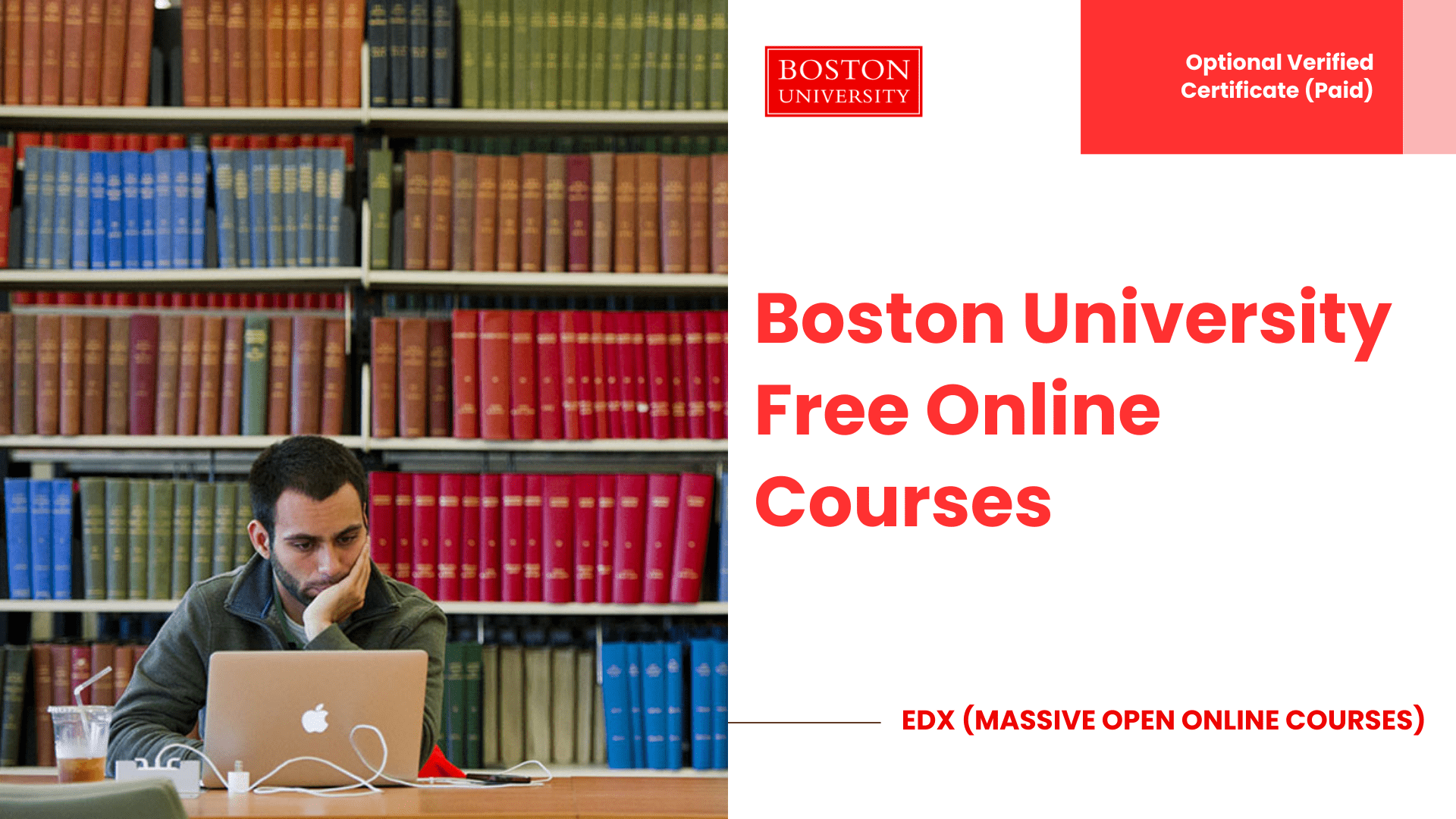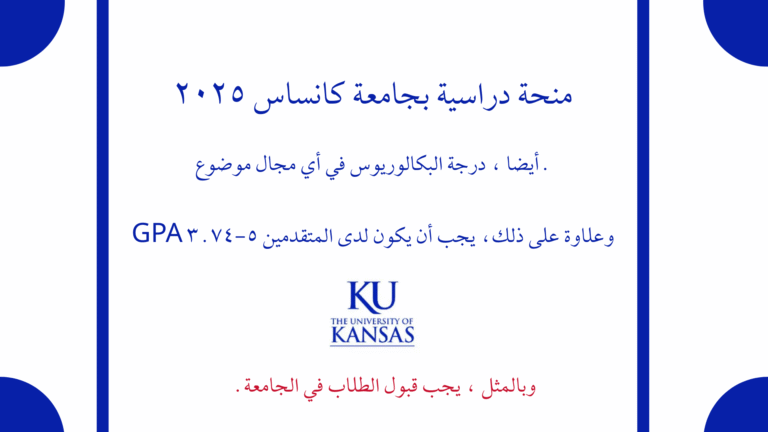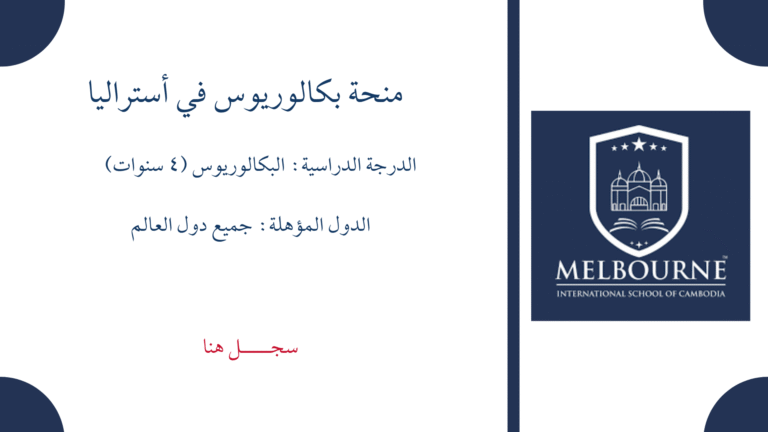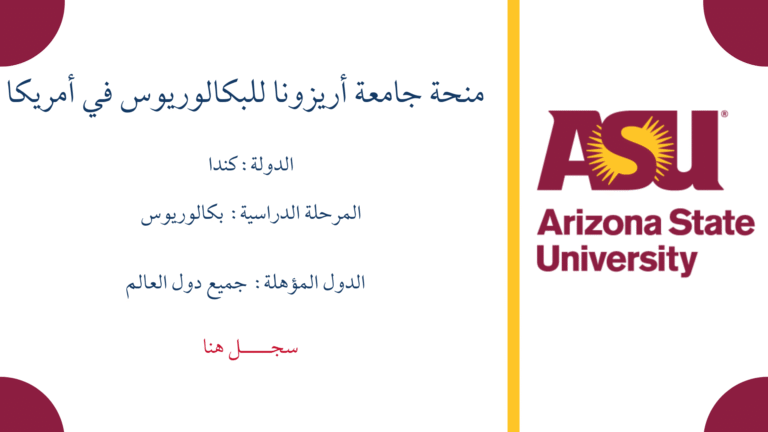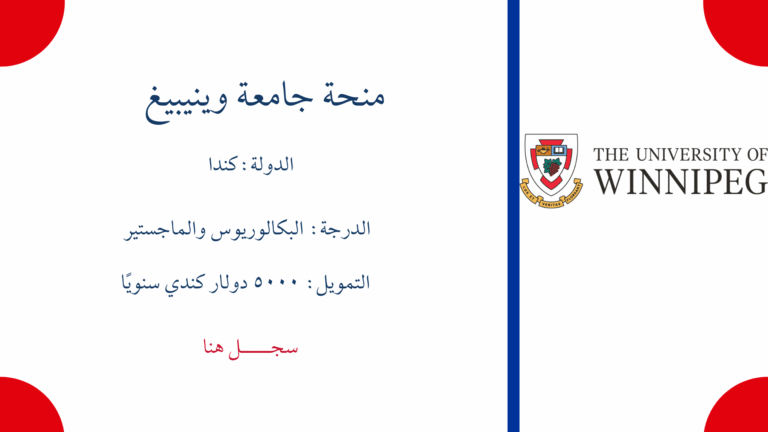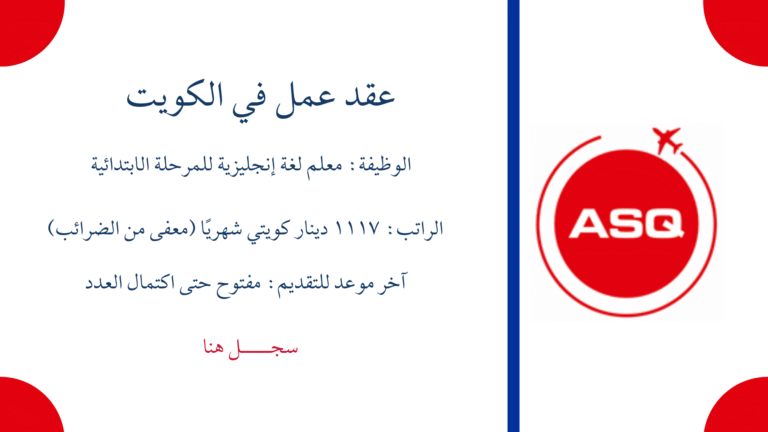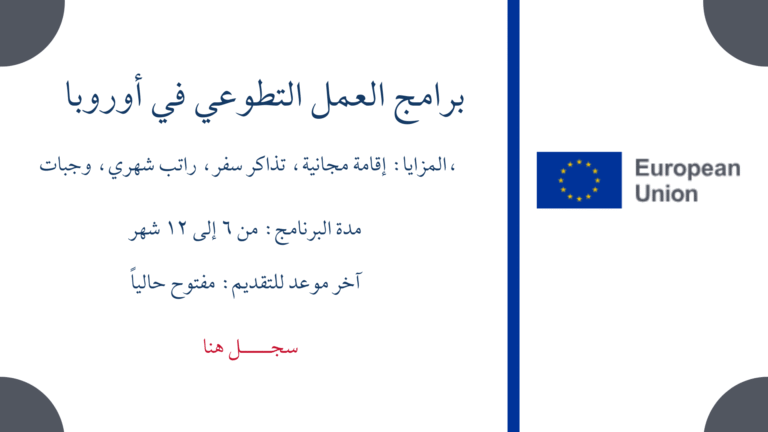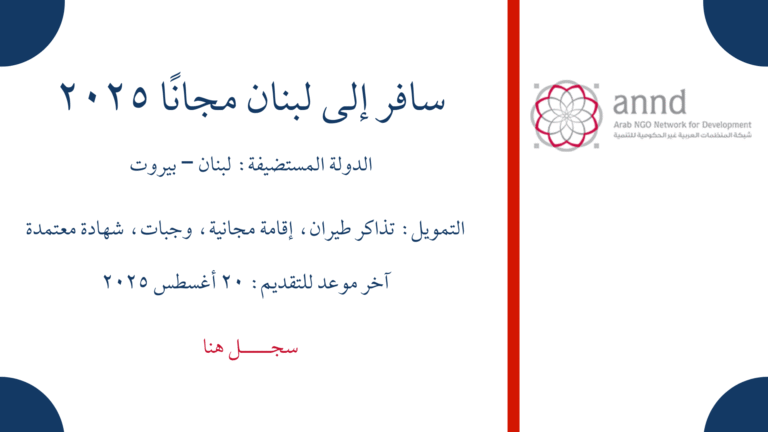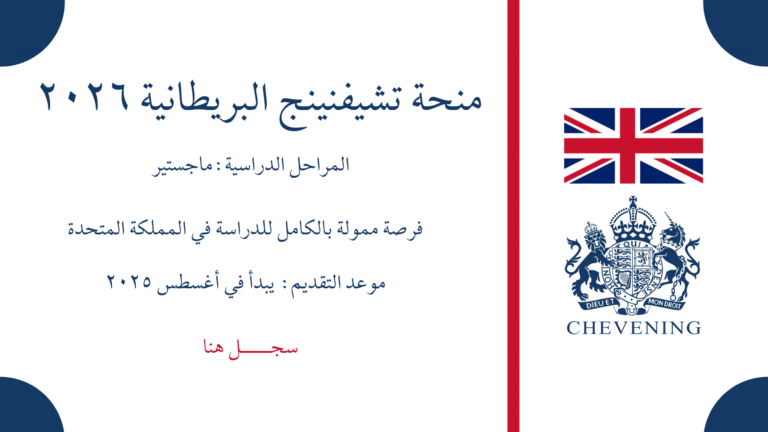أعلنت جامعة بوسطن عن فتح باب التسجيل في دوراتها المجانية عبر الإنترنت 2025-2026، والمتاحة للمتعلمين الدوليين من جميع أنحاء العالم. تتيح هذه الدورات للطلاب والمهنيين والباحثين عن تطوير المهارات فرصة التعلّم عن بُعد عبر مؤسسة معترف بها عالميًا، دون أي رسوم تسجيل.
توفر جامعة بوسطن، وهي إحدى الجامعات البحثية الخاصة الرائدة في الولايات المتحدة، مجموعة متنوعة من الدورات المفتوحة الضخمة (MOOCs) من خلال منصة edX. تُقدَّم هذه الدورات بشكل ذاتي، ومتاحة لجميع الفئات، وتشمل خيار الحصول على شهادة بعد دفع رسوم بسيطة.
ملخص دورات جامعة بوسطن المجانية 2025
-
الجامعة المستضيفة: جامعة بوسطن، الولايات المتحدة الأمريكية
-
المنصة: edX
-
المؤهلون: جميع الجنسيات والأعمار والخلفيات التعليمية
-
الرسوم: مجانية بالكامل
-
نوع الشهادة: شهادة موثقة اختيارية (مدفوعة)
-
نمط الوصول: عبر الإنترنت
-
نمط الدراسة: ذاتي، دون مواعيد نهائية
-
آخر موعد للتسجيل: لا يوجد موعد نهائي (التسجيل متاح دائمًا)
لماذا تسجّل في دورات جامعة بوسطن المجانية؟
تقدم جامعة بوسطن مجموعة واسعة من الدورات المجانية التي تتيح للمتعلمين حول العالم الوصول إلى تعليم عالي الجودة في تخصصات متعددة، مع مرونة كبيرة في الجدولة وحرية في اختيار وقت التعلّم.
أهم الفوائد:
-
التسجيل مجاني 100%
-
لا توجد رسوم خفية أو رسوم تسجيل
-
مرونة في الجدول الزمني للتعلّم
-
يمكنك التعلّم وفقًا لسرعتك الشخصية
-
متاحة دوليًا من أي مكان في العالم
-
تطوير الانضباط الذاتي والمسؤولية الأكاديمية
-
الحصول على تعليم عالي من جامعة أمريكية مرموقة
التخصصات المتاحة في دورات جامعة بوسطن
تشمل التخصصات التي تقدمها الجامعة:
-
العلوم والهندسة
-
العلوم الصحية
-
العلوم الاجتماعية والإنسانيات
-
تكنولوجيا المعلومات وتحليل البيانات
-
إدارة الأعمال والاقتصاد
-
الإعلام والدراسات الاتصالية
-
الفنون والدراسات الإبداعية
تسعى جامعة بوسطن دائمًا لتوسيع محتوى تعليمها العالمي عبر الإنترنت، مما يجعل التعلم متاحًا ومجانيًا للجميع.
جامعة بوسطن ومنصة edX
تُقدَّم جميع الدورات عبر منصة edX، وهي واحدة من أبرز المنصات المتخصصة في الدورات المفتوحة على مستوى العالم، وتتميز بشراكاتها مع جامعات عالمية مرموقة.
مميزات منصة edX:
-
الوصول المجاني إلى المحتوى
-
خيار شهادة موثقة (برسوم رمزية)
-
واجهة تعليمية سهلة الاستخدام
-
منتديات نقاش وأدوات تفاعلية
-
تغطية واسعة للتخصصات
شروط التأهل
لا توجد شروط معقدة للتسجيل في هذه الدورات.
-
لا قيود على الجنسية
-
لا متطلبات تعليمية مسبقة
-
لا حدود للعمر
-
لا حاجة إلى خبرة سابقة
كل ما تحتاج إليه هو اتصال بالإنترنت ورغبة في التعلّم.
كيفية التسجيل في دورات جامعة بوسطن المجانية
اتبع الخطوات التالية للبدء:
-
قم بزيارة موقع edX.org
-
أنشئ حسابًا مجانيًا على edX:
-
أدخل بريدك الإلكتروني واسمك الكامل
-
اختر اسم مستخدم
-
أنشئ كلمة مرور
-
حدد بلدك
-
-
ابحث عن “Boston University” في دليل الدورات
-
اختر الدورة واضغط على “Enroll Now”
-
ابدأ التعلّم فورًا
ملاحظة: جميع الدورات مجانية للتدقيق (Audit). يمكنك الدفع لاحقًا إذا رغبت في الحصول على شهادة موثقة.
لا يوجد موعد نهائي – تعلّم في أي وقت
تظل دورات جامعة بوسطن المجانية عبر الإنترنت مفتوحة على مدار العام، ما يجعلها خيارًا مثاليًا للباحثين عن تعليم مرن ومجاني في عام 2025.
هل أنت مستعد للبدء؟
ابدأ رحلتك التعليمية مع واحدة من أفضل الجامعات في الولايات المتحدة. سجّل اليوم في دورات جامعة بوسطن المجانية عبر الإنترنت واحصل على فرصة لتطوير مهاراتك، واكتساب معرفة قيمة، وربما حتى شهادة—وكل ذلك من منزلك.

